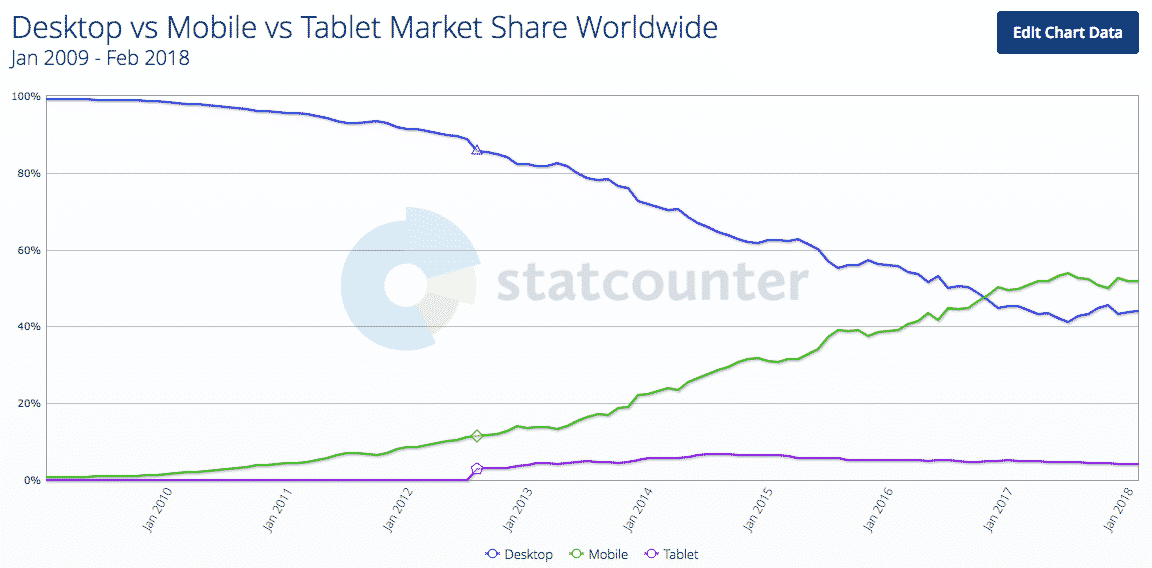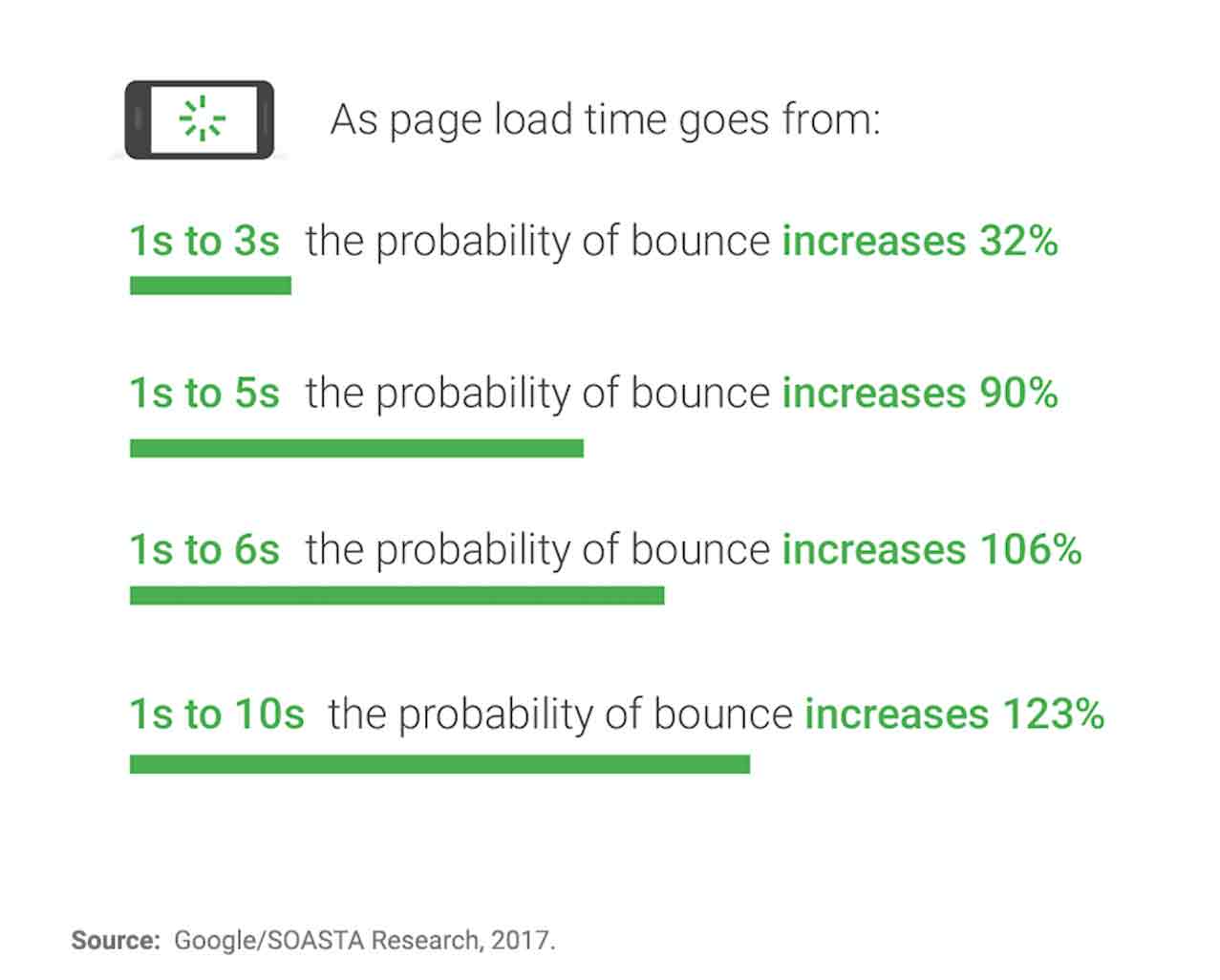In July 2018 Google is introducing “The Mobile Speed Update”, or Mobile Speed Update.
Google changes its algorithm over 500 times a year. In the past, Googles algorithm changes have had the ability to make or break a business. The importance of staying on top of your SEO and website strategy is paramount. As you probably know, a few years back Google declared themselves as “mobile first” – this means it would begin crawling your websites mobile version first. Why? Because more and more users are using mobile than ever.

In July 2018 – google is going to take this a step further and introduce “The Mobile Speed Update”. The mobile speed update will have a significant effect on pages that are slow on mobile.
According to Google’s Zhiheng Wang and Doantam Phan:
“The “Speed Update,” as we’re calling it, will only affect pages that deliver the slowest experience to users and will only affect a small percentage of queries. It applies the same standard to all pages, regardless of the technology used to build the page. The intent of the search query is still a very strong signal, so a slow page may still rank highly if it has great, relevant content.”
Sure, our friends at Google are outlining the fact this won’t be the only ranking factor but it’s still going to need to be a significant consideration. It also raises a great opportunity for digital marketers and web developers to work together and find the sweet spot and correlation between page speed, user experience and conversion optimisation.
The sad news for digital marketers (including myself here at Blue Chip Digital) is that we may need to kiss goodbye to some of our beloved script. Not convinced? Here’s the cold hard truth.
Here are a few tips for speeding up your website load speed and getting prepared for Google’s July 2018 “Mobile Speed Update”:
- Remove unnecessary Javascript
- Optimise/Compress Images
- Minify your Script
- Use a content delivery network (such as Cloudflare)
- Think about what your website really needs
- Keep your average page weight below 500KB
- Keep the number of individual pieces of content needed to display a page below 50
- Keep your page speed load time under 3 seconds
- Reduce the number of request to the server to a minimum
To ensure that you have implemented everything correctly – leverage tools such as Google Page Speed Insights or the LightHouse chrome plugin to generate handy reports.


